Table of Contents:
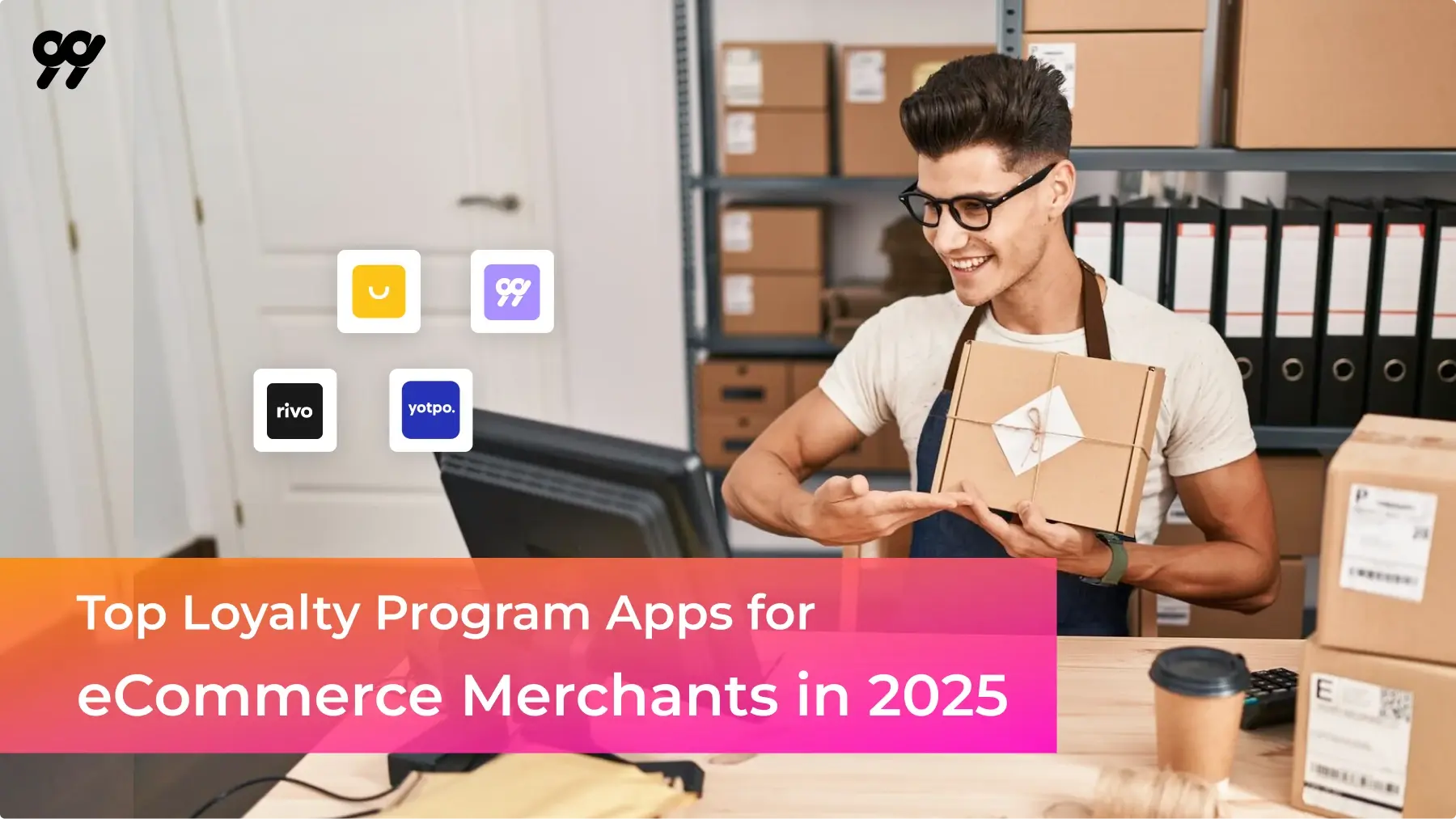
In the competitive world of eCommerce, keeping customers coming back is just as important as attracting new ones. Loyalty program apps have become essential tools for merchants who want to build strong relationships with their customers and boost repeat sales. But with so many options out there—ranging from simple points-based systems to complex coalition programs—it can be overwhelming to choose the right one.
This guide breaks down everything you need to know about loyalty program apps. From what they are and why they matter, to the top apps and features you should look for, plus tips on avoiding common mistakes. Whether you’re just starting or ready to level up your loyalty game, this post has you covered.
A loyalty program app is software designed to help businesses reward customers for their purchases and engagement. These apps typically allow customers to earn points, redeem rewards, join VIP tiers, or participate in referral programs — all aimed at encouraging repeat business.
For eCommerce merchants, loyalty apps integrate directly with online stores (like Shopify, Magento, or WooCommerce) to track purchases and reward behavior seamlessly. Instead of manually managing coupons or discount codes, the app automates the process, making it easy for merchants and convenient for shoppers.
In essence, a loyalty program app turns shopping into an engaging experience where customers feel valued and motivated to keep coming back.
Loyalty apps have evolved beyond just “giving points.” Here’s why they are a must-have for modern eCommerce brands:
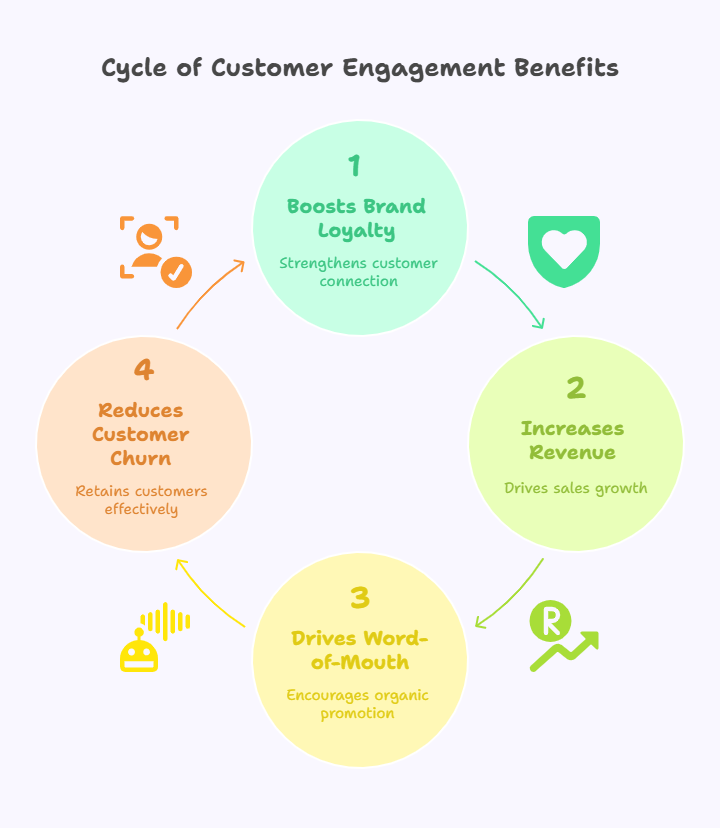
There’s a assortment of dependability program apps catering to diverse trade needs. Understanding the sorts makes a difference you choose the leading fit:
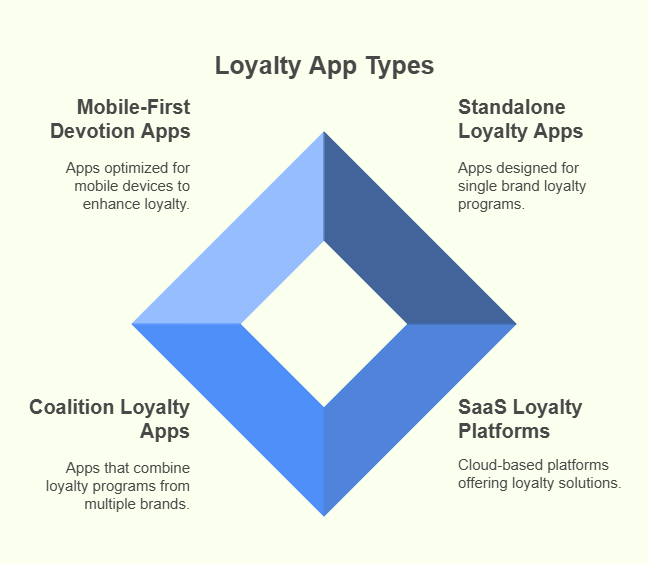
Choosing the right app means knowing what features truly move the needle:
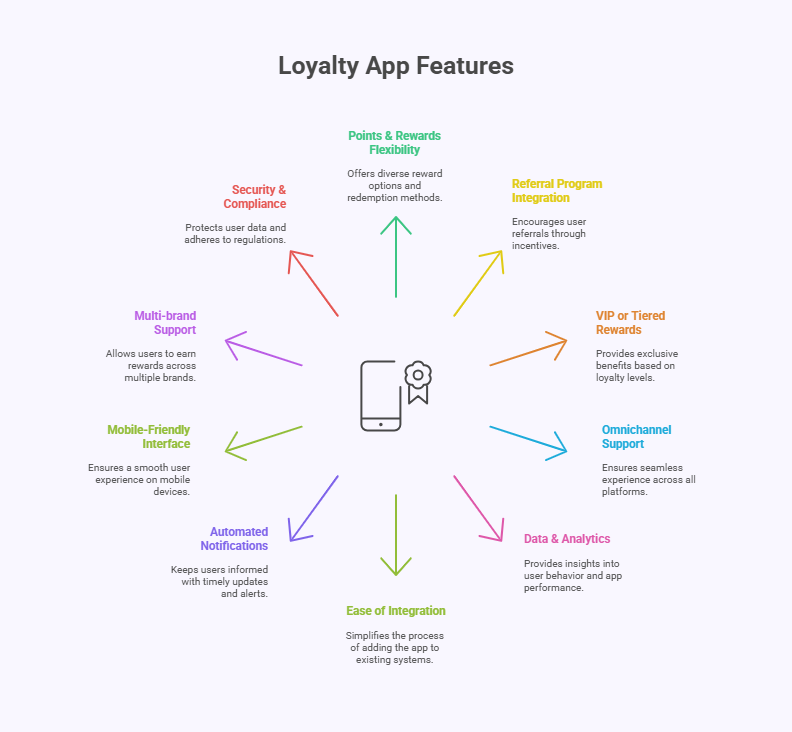
Building client devotion isn’t almost about discounts—it’s around making your clients feel esteemed, recognized, and portion of a community. The correct devotion app can turn one-time buyers into long lasting fans.
Here’s a more profound plunge into a few of the most excellent dependability apps utilized universally by eCommerce businesses:
Best For: Brands interested in coalition loyalty programs across multiple businesses.
Why it’s powerful: 99minds brings a fresh approach to loyalty. Instead of just rewarding customers for spending within one store, it allows brands to collaborate and offer cross-brand rewards. Perfect for marketplaces or brands with strategic partners.
Key Features:
Who should use it: Perfect for DTC brands that want to collaborate with partners, franchise businesses, or platforms aiming to build a shared loyalty ecosystem.
When picking a loyalty program, ask yourself:
Loyalty programs are not one-size-fits-all—pick the one that fits your business model, brand identity, and customer expectations.
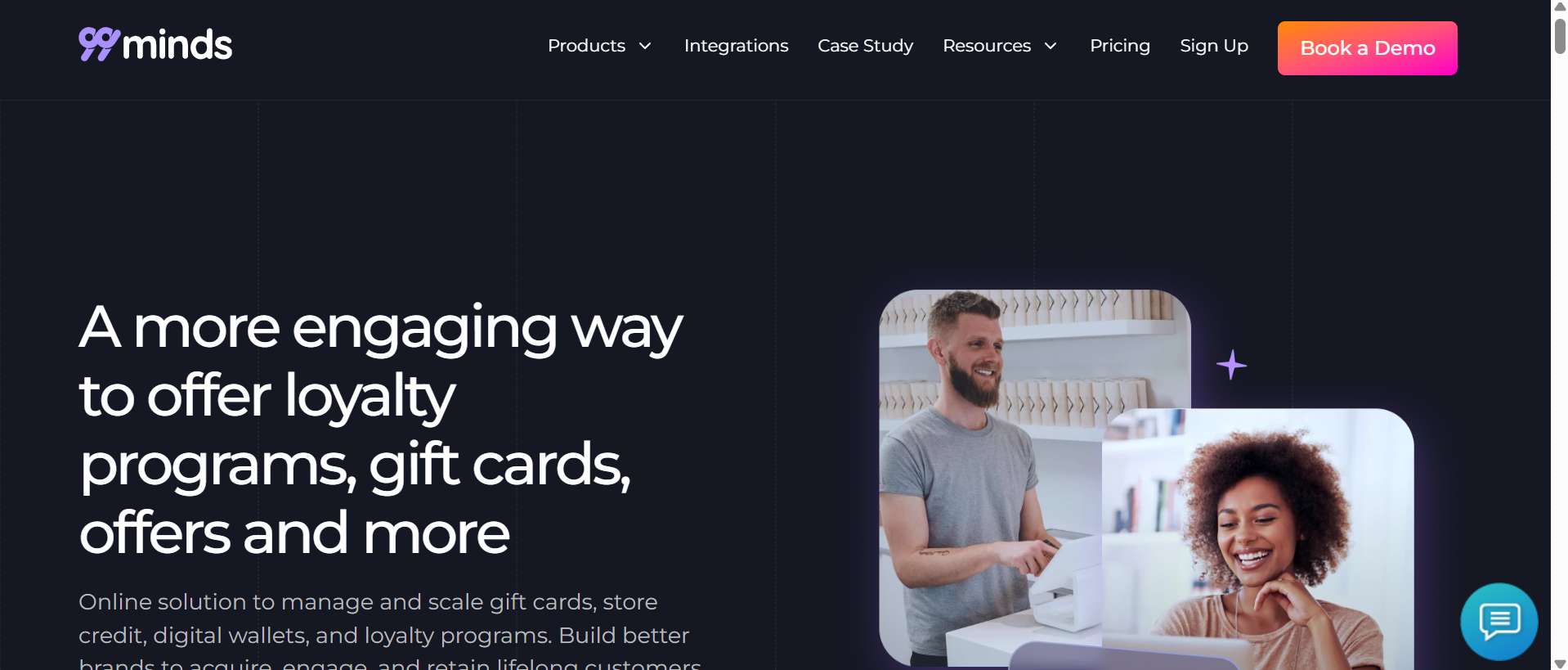
Best For: Shopify & BigCommerce stores that want an intuitive, plug-and-play loyalty solution.
Why it’s great: Smile.io is one of the most user-friendly loyalty platforms out there. Whether you’re a solo entrepreneur or a scaling brand, it helps you build a full-fledged points-based rewards system, VIP tiers, and referral programs—without needing to code.
Key Features:
Who should use it: In case you need a plug-and-play devotion program that’s dependable, well-integrated, and scales along with your store, Smile.io could be a secure and capable choice.

Best For: Brands looking to combine loyalty, referrals, and customer reviews into one smart platform.
Why it stands out: Yotpo is more than a loyalty tool—it’s a full customer engagement suite. You can reward customers for purchases, leaving reviews, sharing products, and referring friends—all from one dashboard.
Key Features:
Who should use it: Ideal for eCommerce businesses focused on social proof, referrals, and community-building, all while boosting LTV (lifetime value).
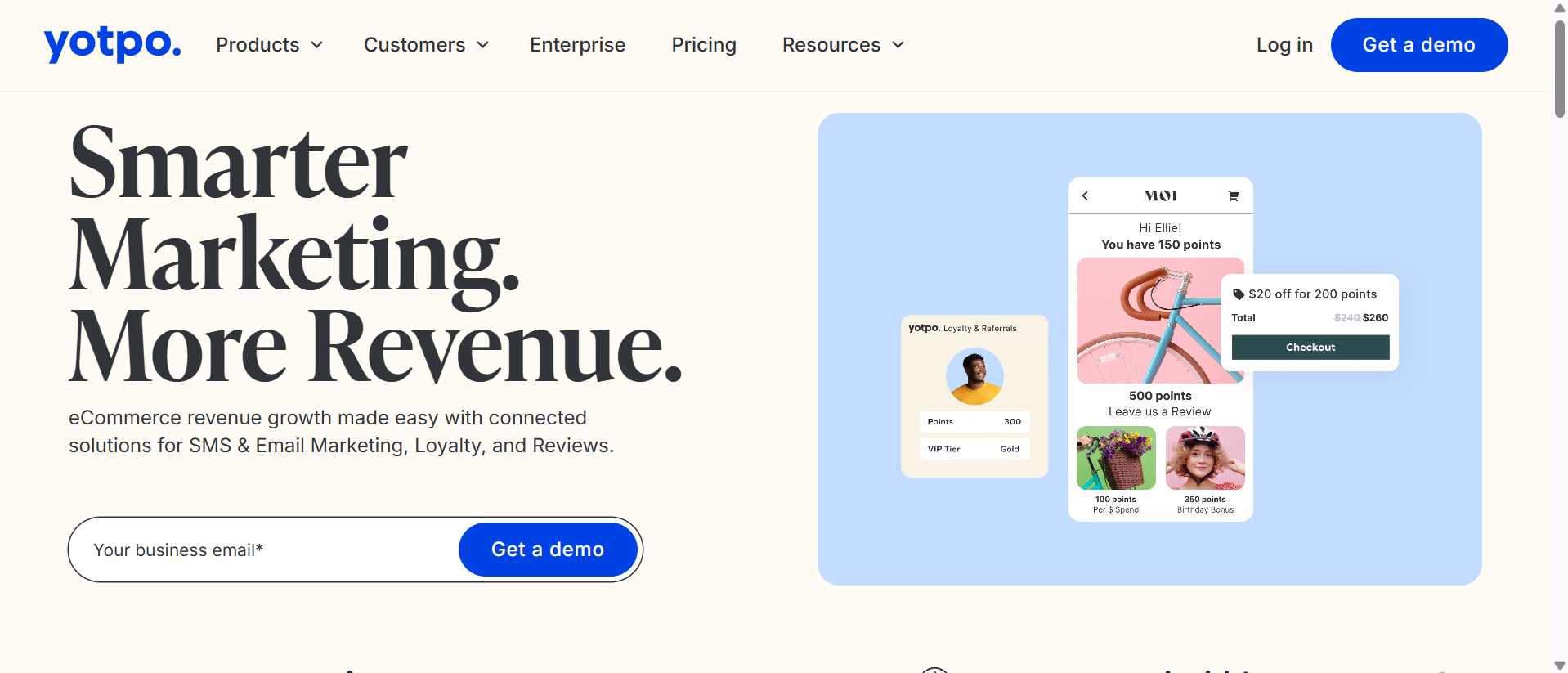
Best For: Shopify users who want a clean, modern loyalty app that rewards beyond just purchases.
Why Rivo is special: Rivo focuses on building brand advocates, not just buyers. It allows stores to offer points for actions like subscribing to emails, writing reviews, and referring friends, making it a great tool for building customer relationships.
Key Features:
Who should use it: Little to medium Shopify shippers who need easy-to-manage dependability highlights that go past conventional buy rewards.
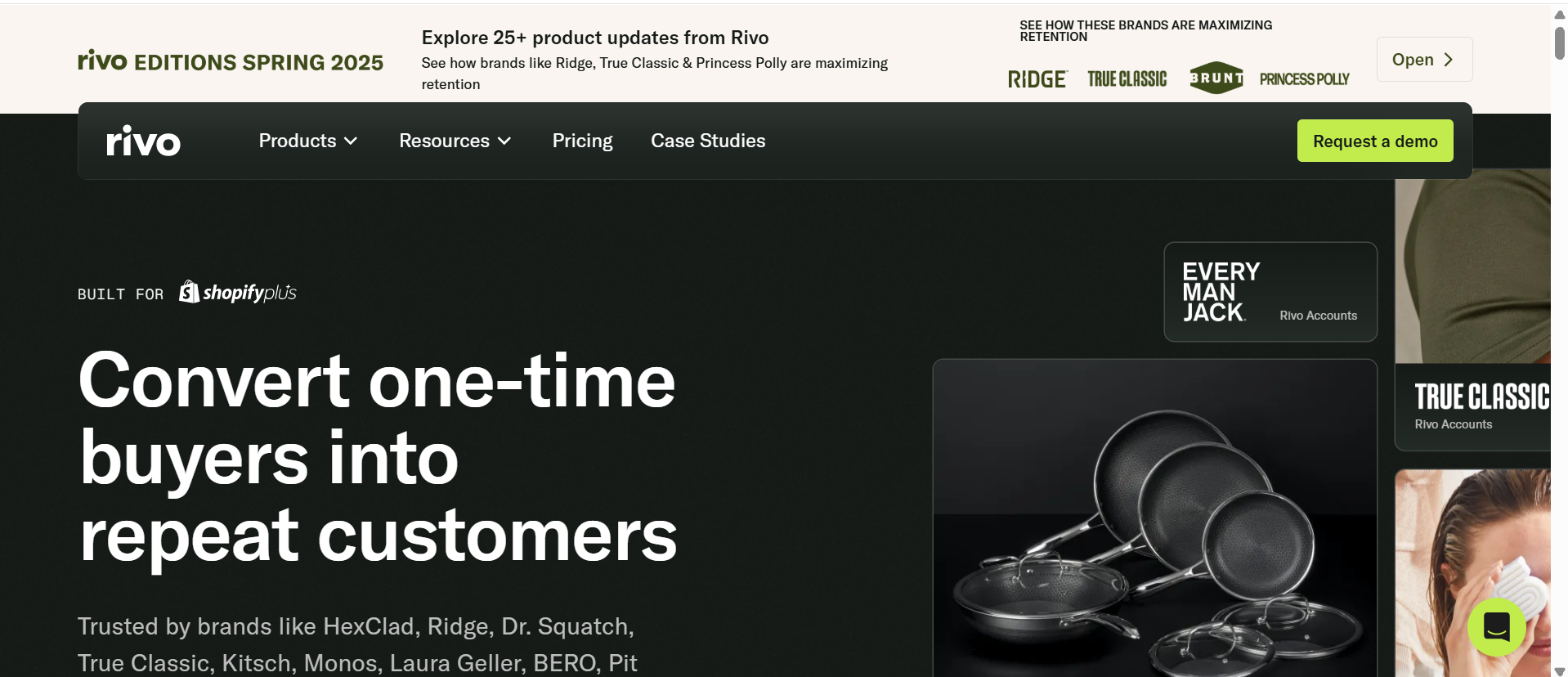
Best For: Businesses with both online and offline sales channels.
Why it’s a game-changer: FiveStars bridges the gap between physical and online loyalty. It’s widely used by cafes, salons, and local stores that have expanded online and want one unified loyalty experience for customers across touchpoints.
Key Features:
Who should use it: Little to medium Shopify shippers who need easy-to-manage dependability highlights that go past conventional buy rewards.
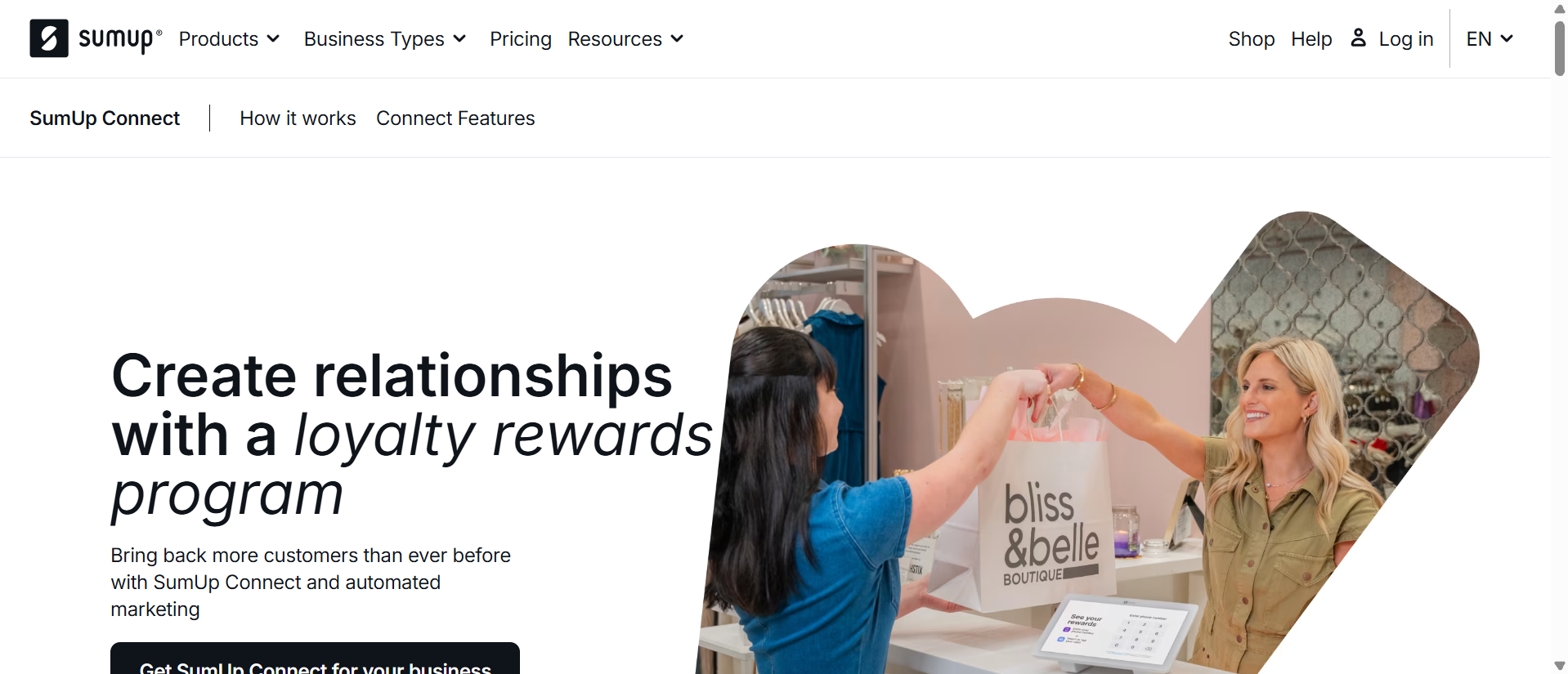
Best For: Merchants who want gamification in their loyalty programs.
What makes it different: TapMango is like a loyalty program on steroids. It adds elements of fun and competition—think digital scratch cards, spin-the-wheel, and custom branded apps for customer engagement.
Key Features:
Who should use it: Stores that want to make loyalty fun, memorable, and gamified, especially in food, beauty, and fashion verticals.
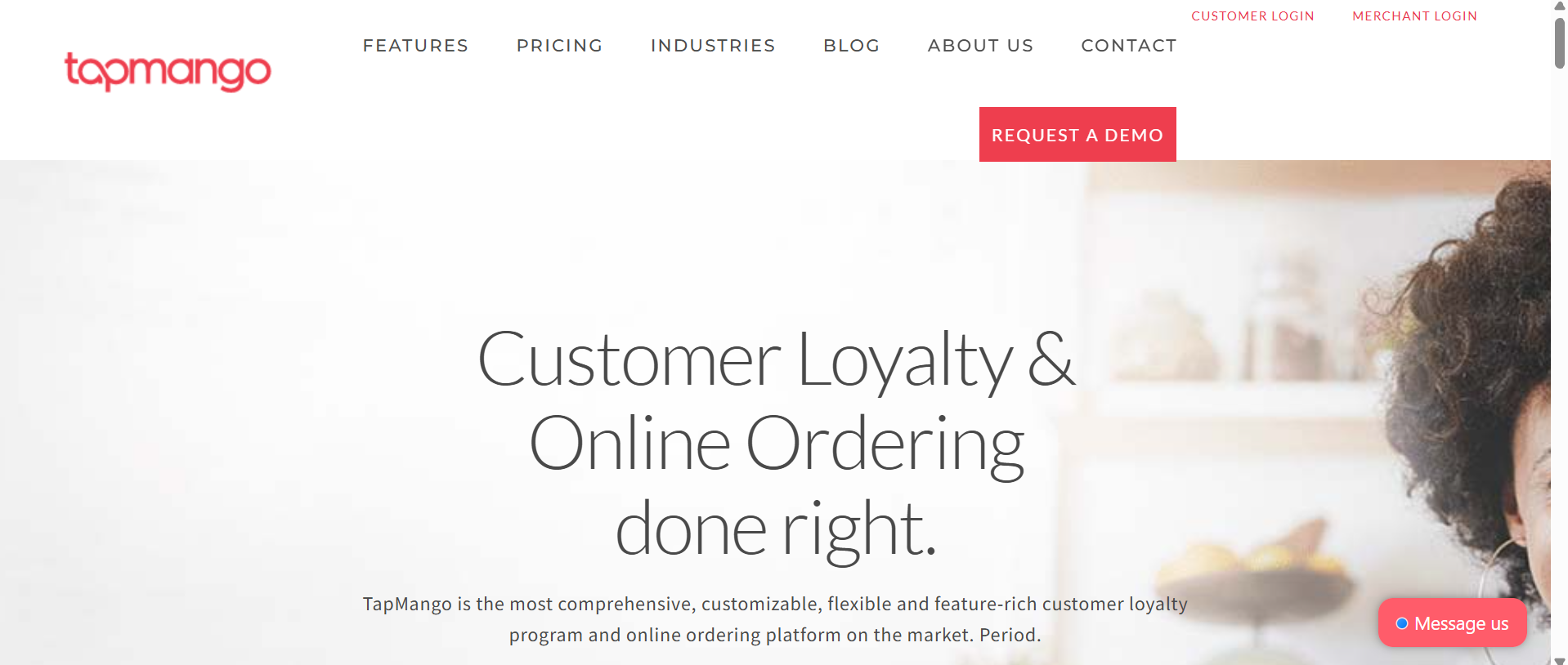
Coalition loyalty apps create a shared rewards ecosystem between multiple merchants. For example, a customer can earn points shopping at one brand and redeem those points at a completely different store within the coalition network.
This show benefits shippers by extending their client reach and giving clients more adaptable remunerate alternatives. For eCommerce brands prepared to scale associations and tap into modern groups of onlookers, consolidation devotion programs fueled by stages like 99minds offer a capable elective to single-brand dependability arrangements.
1. Mobile Loyalty Apps Mobile-first loyalty apps focus on native smartphone experiences, such as push notifications, in-app rewards, and QR code scanning for redemption. These are especially popular for quick-service restaurants and retail chains.
2. Web-Based Loyalty Platforms Many eCommerce merchants use web-based apps integrated directly into their online stores. Customers can track points, redeem rewards, and participate in programs without downloading an app. Each has pros and cons, so consider your audience and business model when deciding.

Devotion program apps are now not discretionary for genuine eCommerce merchants—they are fundamental devices for maintenance, development, and separation.. Whether you’re just starting with basic points and referrals or ready to join a coalition program like 99minds, the right loyalty app can transform your business by turning customers into lifelong advocates.
Begin by characterizing your objectives, assess the key highlights you wish, and select a stage that fits your brand and client base. With the correct approach, devotion apps will not as it were increment your income but too extend the relationship between your brand and your clients.
